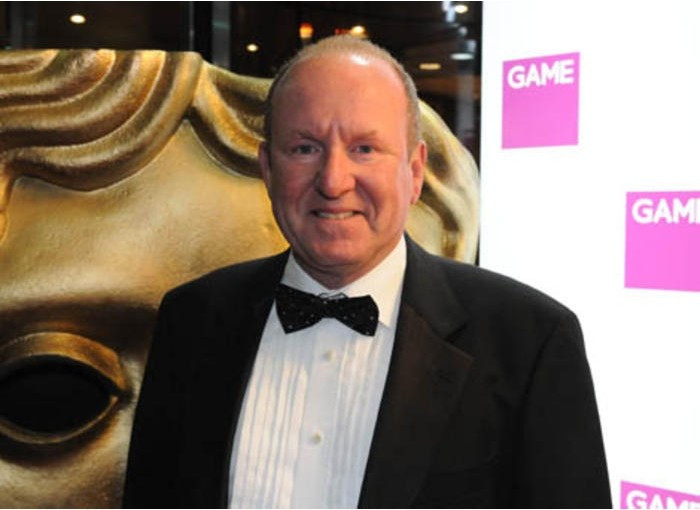EXCLUSIVE: Eidos CEO Claims Games Industry Moving to Freemium Model
The video games industry is going through enormous change, with the ability to play quality, feature-length games on devices like the new iPad, devlopers and hardware manufacturers alike must be agile enough to innovate.
Ian Livingstone - president and CEO of Tomb Raider developer Eidos and co-founder of Games Workshop - spoke to International Business Times UK about these changes on the red carpet of the British Academy Video Games Awards.

"I think the games industry is growing. People talk about the games industry in demise, but it's worth $50bn (£31.5bn) a year in software sales alone and is expected to grow to $90bn by 2015. It's moving though, from the boxed product to a digital service. It's a product that's moving from premium pricing to 'freemium' pricing."
"With iPhones and Android devices we're all carrying gaming machines in our pockets, we're playing games on Facebook. There wasn't even a platform for that four years ago. The games industry is booming, it's just in a state of transition."
While Game Group - which sponsored the awards - struggles to find a rescue package to save the retailer from filing for administration, Livingstone believes that the gaming industry is still young and merely needs to innovate to stay on top.
"Technology drives innovation, and those who think the games industry is over, I disagree. I have to say that it's everything but that. It's just the beginning. If you look at it in terms of the film industry we're only in the 1920s, and yet today the games industry is the biggest entertainment industry in the world, because we come into this world learning through play."
"We're only just now coming round to admitting that we still enjoy gaming as adults. You're never too young to start playing games and you're never too old to stop."
We asked Livingstone, who is an author having written the Fighting Fantasy gaming books, if the industry is heading for a service-based future, where the game is initially free and revenue is made from buying further content.
"That seems to be the model that's working today because there's no barrier to anyone wanting to play. The challenge is discovery. So for every Angry Birds out there, there's lots of dead birds as well. The AppStore is actually the world's smallest shop window and so you have to do a lot of waving to be noticed."
"The best games will always win through, word of mouth is still powerful, as is using social media to promote games and traditional marketing and publishing. So that's where the possibility for expansion is. Games with huge, expensive, cinematic experiences will still drive the industry, so it's sort of a broad church of content now for hardcore gamers and casual gamers. There's something for everybody, which is great."
Finally, we asked Lingstone if he could see a path to recovery for the struggling Game Group, which is hoping to find investment or a buyer.
"I hope it doesn't go. Game has been in this industry for many, many years and acts as effectively as a billboard in many cities and does a good job of promoting the games industry. But Game perhaps hasn't moved with the times, it hasn't recognised the onslaught of digital. It's not just about e-commerce, it's about engaging with customers and delivering content and they haven't re-positioned as quick as they should have done."
© Copyright IBTimes 2025. All rights reserved.






















